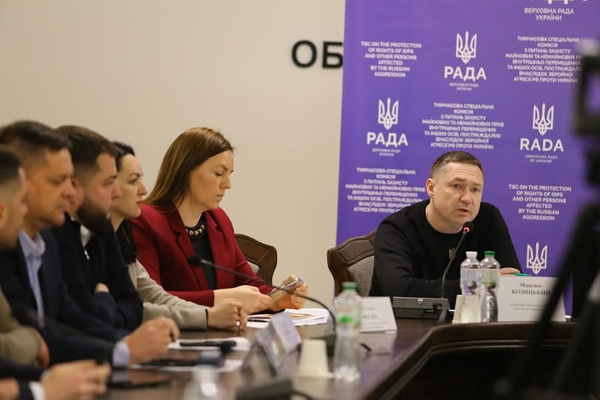
Meeting of the Commission on Displaced Persons in Lviv Region
A meeting of the Temporary Commission of the Verkhovna Rada of Ukraine on internally displaced persons and those affected by the war is being held in Lviv Region.
Current Situation and Implemented Programs
Currently, about 205,000 displaced persons are living in our region. These are those who have officially registered. Mostly, they are women with children, the elderly, and people with disabilities. Together with partners, we have set up 65 places of temporary residence for them. We implemented two large regional programs: an infrastructure and a compensation program, with a total amount of over 440 million hryvnias. More than 30 donor organizations, including international funds, have been involved to help realize over 170 projects. We are truly grateful for this cooperation!
I would like to specifically mention the work of the Coordination Center at LOVA, which provides assistance to IDPs not only with housing but also with job search, legal and psychological consultations. We also have an active Council on IDP Issues at LOVA, which always draws our attention to critically important matters.
Challenges and Prospects
The main challenge we face today is the integration of forced migrants into community life: for children not to stay at home but go to kindergartens and schools, and for adults to have jobs. Temporary housing is not a solution either. We need to help people with permanent homes so they can plan their lives.
Unfortunately, the region cannot provide IDPs with funds for their own housing, but if the state creates a mortgage program for displaced persons similar to the one available for our soldiers and veterans, we are certainly ready to supplement it with funds from the regional budget.
Forced migrants are people who have lost their homes due to the war and often had to flee from shelling with just one suitcase, but they have not lost their dignity and faith in their state and future in their native country. Our duty – at the level of the state, region, community – is to support this dignity and belief. Not with slogans, but with concrete actions.
Pavlo Frolov
Maxim Tkachenko

